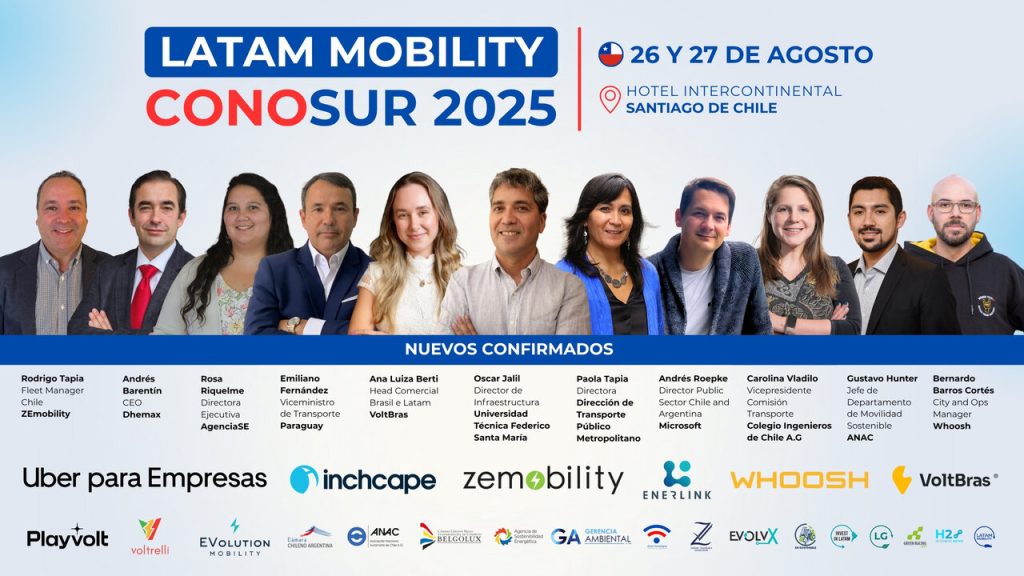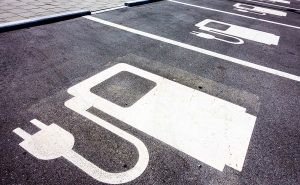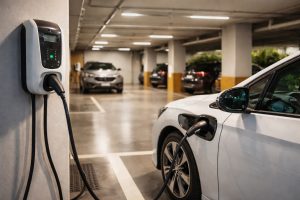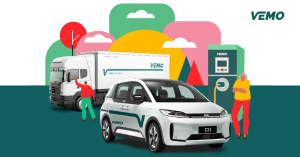
Brazil Advances in Its Electric Transition: Record Growth in July 2025
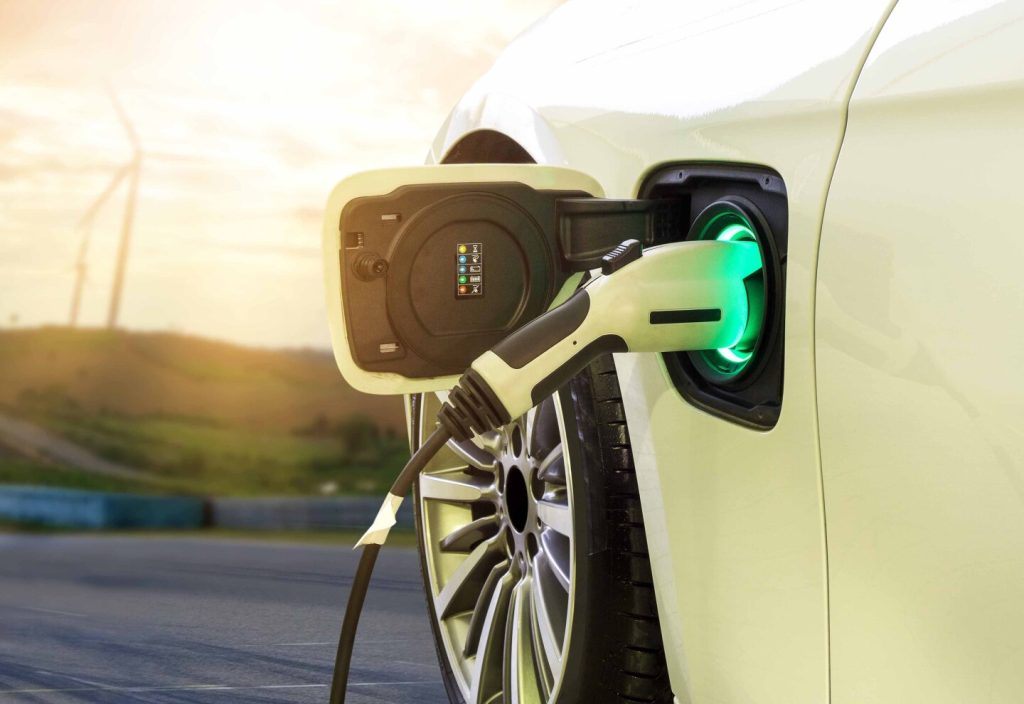
The electric vehicle market in Brazil continues its upward trajectory, consolidating itself as one of the most dynamic in Latin America.
According to data from Trading Economics on the automotive sector, sales of electric and hybrid vehicles grew 58% in July 2025 compared to the same month last year.
This growth reflects not only greater acceptance by consumers, but also the strengthening of public policies, tax incentives, and a more competitive offering from automakers.
The sustained increase in sales is due to a combination of factors: reduced battery costs, expansion of charging infrastructure, and greater environmental awareness among businesses and citizens.
In addition, the corporate segment, especially urban logistics and last-mile transportation, is adopting electric vehicles as part of its ESG strategies.
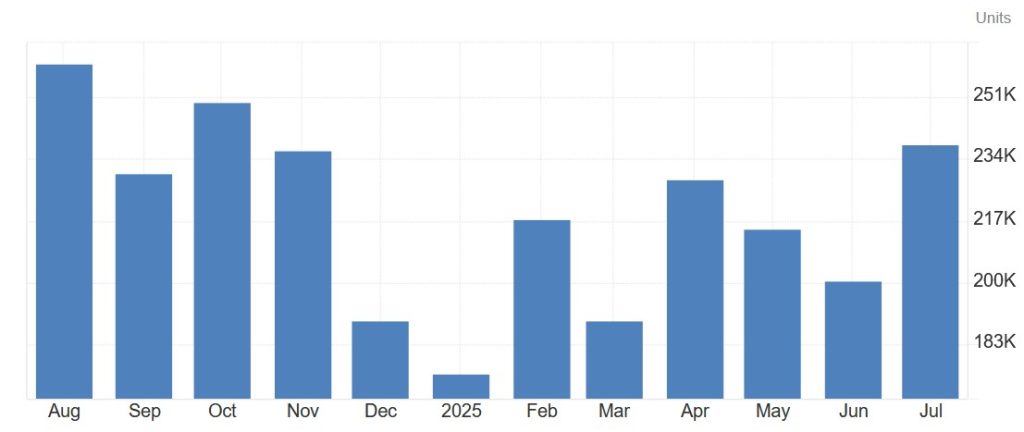
The Best-Selling Models
According to figures from Fenabrave (National Federation of Motor Vehicle Distribution) for July, three models stood out as the best-selling in the country, marking a trend toward compact, efficient, and competitively priced vehicles:
- BYD Dolphin: This urban hatchback positioned itself as the sales leader thanks to its range of over 400 km, modern design, and affordable price. Its success in Brazil replicates the phenomenon observed in other emerging markets.
- GWM Ora 03: The Great Wall Motors model established itself as an attractive option for consumers seeking advanced technology and connectivity, with a distinctive aesthetic appeal.
- Renault Kwid E-Tech: The electric version of the popular Kwid remains one of the most affordable options on the market, ideal for urban commuting and corporate fleets.
These models reflect a clear strategy by automakers: to offer electric vehicles that are not only sustainable, but also functional and adapted to the needs of Brazilian consumers.
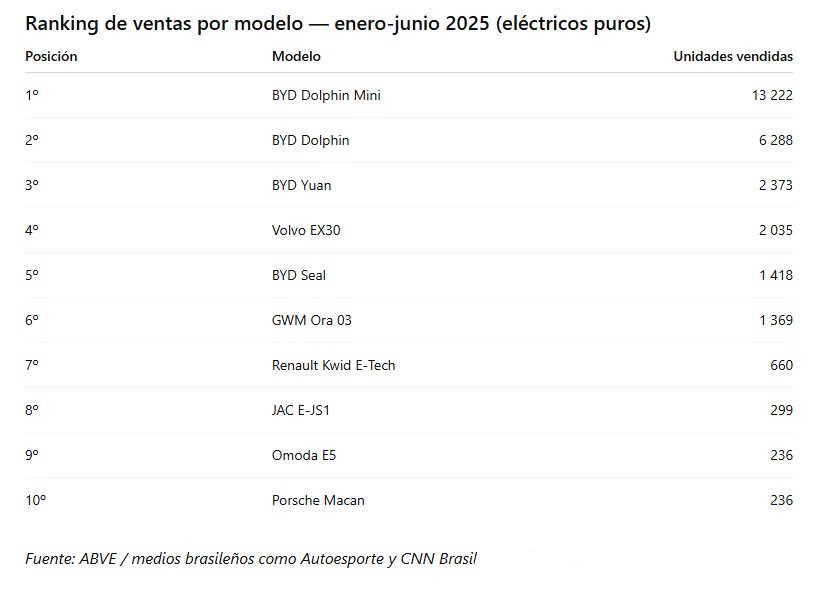
Charging Infrastructure: More than 4,200 Points
One of the pillars of the electric market’s growth has been the expansion of the charging infrastructure. In July 2025, Brazil surpassed 4,200 public and semi-public charging points, with notable acceleration in regions such as the south and northeast of the country.
The state of Santa Catarina, for example, has doubled its network of chargers in the last year, while cities such as Recife and Salvador are integrating charging stations into shopping centers, universities, and public buildings.
This expansion is the result of joint initiatives between the private sector, local governments, and energy companies such as Neoenergia and CPFL.
In addition, there has been growth in the installation of fast chargers (DC), which allow up to 80% of the battery to be recharged in less than 30 minutes, facilitating the use of electric vehicles for interurban travel and logistics operations.
Outlook for the Second Half of the Year
With a solid foundation for growth, Brazil is on track to close 2025 with historic figures in electric mobility.
Industry projections estimate that more than 150,000 electrified units could be sold this year, consolidating the country as a regional leader in the adoption of clean technologies.
The challenge now will be to maintain the pace of infrastructure expansion, ensure stable tax incentives, and encourage local production of key components such as batteries and energy management systems.
In this context, collaboration between companies, governments, and innovation centers will be essential to sustain momentum and make Brazil a strategic hub for electromobility in Latin America.
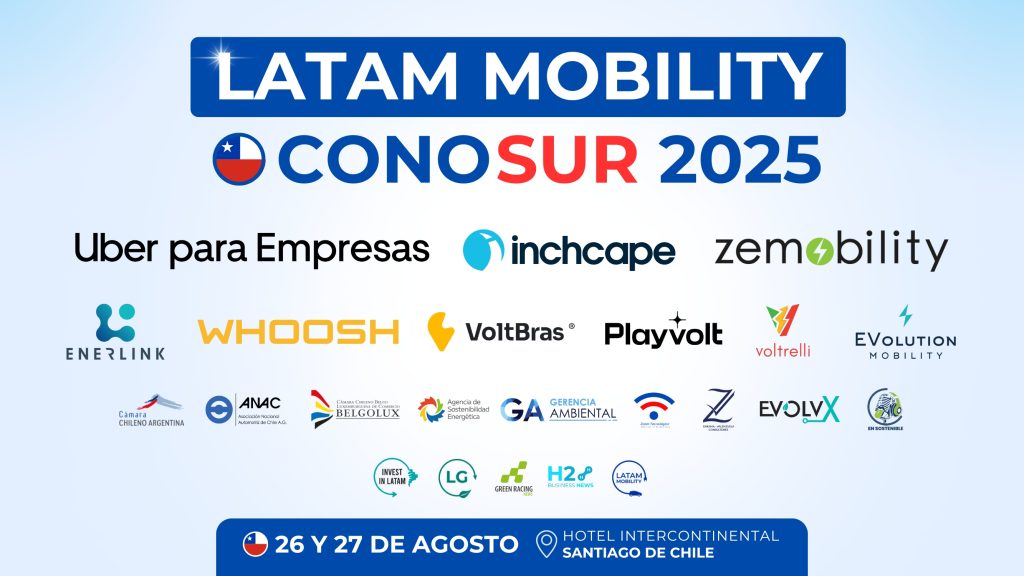
“Latam Mobility Cono Sur 2025” in Santiago
“Latam Mobility Cono Sur 2025” will take place on August 26 and 27 at the InterContinental Hotel in Santiago, Chile.
This meeting, organized by Latam Mobility, the largest sustainable mobility community in Latin America, will bring together leaders from the public and private sectors to discuss advances in electromobility, green hydrogen, charging infrastructure, and public policies for decarbonization.
For more information on how to participate in Latam Mobility Cono Sur 2025 and positioning options, please write to info@investinlatam.org.
Contact is also available via WhatsApp, and you can purchase your tickets to the summit by clicking here.
